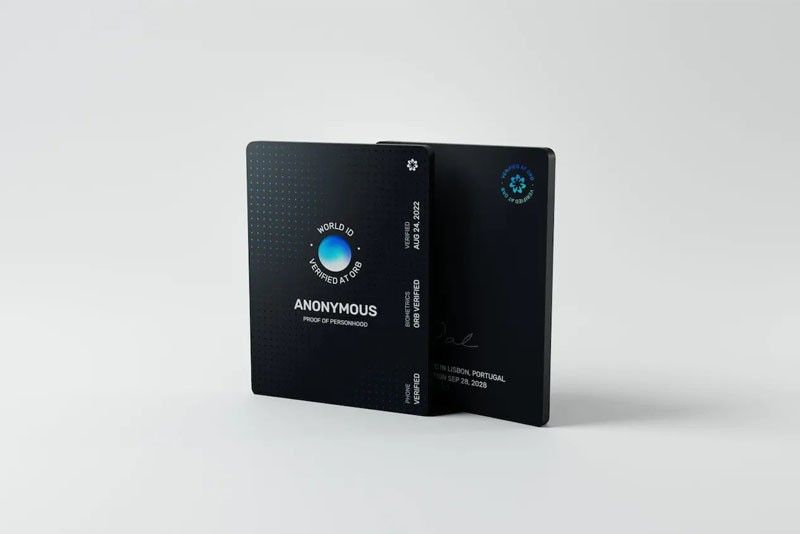My take on World ID: Empowering digital identity for a globalized future

In our increasingly digitalized world, the need for secure and efficient identity verification is paramount.
World ID, a revolutionary concept proposed by WorldCoin backed by Sam Altman (OpenAI’s CEO), aims to address this challenge by providing a decentralized and tamper-proof solution for digital identity management.
In this article, we will explore the key principles of World ID, its potential impact, and the benefits it offers in a rapidly globalizing society.
The Need for Secure Digital Identity:
As our lives become more intertwined with the digital realm, the importance of secure digital identity management cannot be overstated.
Traditional identity systems are often centralized, making them susceptible to data breaches, identity theft, and misuse of personal information. World ID seeks to overcome these vulnerabilities by leveraging the power of blockchain technology and decentralization.
Decentralization and Security:
At the heart of World ID lies the concept of decentralization.
Instead of relying on a single centralized authority, World ID harnesses the distributed ledger technology of blockchain to store and verify identity information. This ensures that personal data is encrypted and distributed across the network, making it nearly impossible for hackers to compromise the entire system.
Furthermore, World ID employs cryptographic techniques, ensuring that user information remains private and secure. Individuals have full control over their identity data, allowing them to grant permission selectively to authorized entities for verification purposes.
Privacy and Data Control:
One of the most compelling aspects of World ID is its emphasis on user privacy and data control.
Traditional identity systems often require individuals to share excessive amounts of personal information, raising concerns about data misuse and surveillance.
World ID, on the other hand, follows a principle of "self-sovereign identity," enabling users to manage and control their identity data without the need for intermediaries.
With World ID, users can share specific attributes of their identity with different service providers, limiting the exposure of sensitive information and fostering a more privacy-centric approach to digital identity verification.
Global Accessibility and Inclusivity:
In an increasingly interconnected world, having a globally accessible and interoperable identity system is essential.
World ID envisions a borderless ecosystem where individuals can verify their identity seamlessly across various platforms and services. This eliminates the need for redundant identity verification processes and reduces the barriers faced by individuals in accessing essential services, especially in cross-border scenarios.
The decentralized nature of World ID also allows individuals in underserved regions, where traditional identity systems may be lacking, to participate in the global digital economy with greater ease.
Use Cases and Adoption:
World ID's potential use cases are diverse and far-reaching.
From simplifying Know Your Customer (KYC) processes in financial services to enabling secure e-voting and streamlining access to healthcare, World ID has the potential to transform numerous industries.
The success of World ID heavily relies on widespread adoption. As more organizations and service providers integrate World ID into their platforms, the benefits of decentralized identity management become increasingly evident, encouraging further adoption in a positive feedback loop.
Conclusion:
World ID represents a significant step forward in the quest for secure, privacy-centric, and globally accessible digital identity management. By harnessing the power of blockchain technology and decentralization, World ID addresses the shortcomings of traditional identity systems and empowers individuals with full control over their personal data.
As the world embraces digital transformation and globalization, World ID has the potential to reshape the way we verify identities, interact with digital services, and participate in the global economy.
However, widespread adoption and collaboration across various sectors will be essential to fully realize the transformative potential of World ID and pave the way for a more secure and inclusive digital future.
--
Paul Soliman is the founder and CEO of Hacktiv Colab Inc., a provider of end-to-end business applications. He is also a co-founder of BayaniChain, a blockchain-based ecosystem.
Quick Tech is a monthly newsletter on LinkedIn about web3, AI, Power Platform, Citizen Development, Quantum and the FUTURE. Subscribe to Paul's newsletter HERE.
- Latest


























